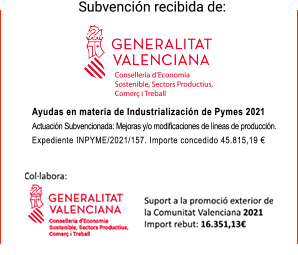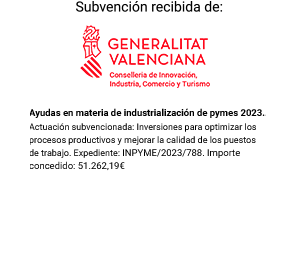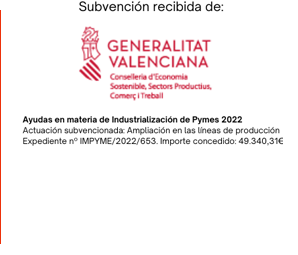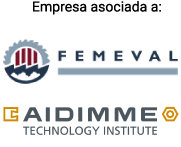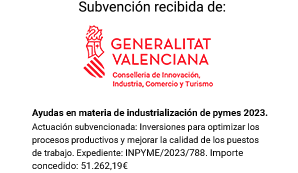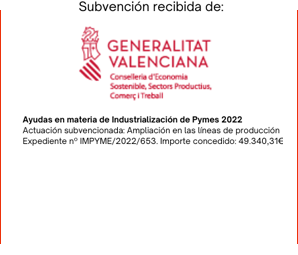¿Necesitas un lijado de precisión sin dañar superficies delicadas? Descubre las ventajas del disco de espuma estándar...
}Wind blades are exposed during their useful life to damages that may
compromise efficient operation. Its maintenance and periodic inspection is
key to detect incidents of any kind. The reasons for the repair of wind blades
(surface damage) can be caused by:
Lightning and bird impact
Cracks and fissures due to the effect of ice and wind
Blade Edge Opening
Lightning range
wear itself over time
The two main reasons why they should be repaired are: avoid generating
losses in the production of kilowatts in the wind turbine and prevent
erosion, fatigue and wear of materials can go further.
Options to repair blades of a wind turbine
What would be the best option for the repair of wind blades and why? The main option used for the repair operations of the surfaces of the wind blade is the sanding with a portable roto- orbital machine, which allows to easily repair damaged areas during work at height. The weight of this type of sanders ranges between 800 and 1200 grams.
Necessary machines for the repair of wind turbine blades
The portable roto-orbital (electric) sanders are suitable for the repair of wind blades. It is convenient to have a speed regulator to adapt the speed of the abrasive disc to sanding operations (8,000 rpm for roughing work and between 10,000-12,000 rpm for intermediate sanding and finishing work).The abrasives normally used for surface recovery work are abrasive discs with paper or film support.
For rough sanding, ceramic ore disks are usually used for greater abrasive starting and performance, while for intermediate or finishing work discs with aluminum oxide ores are used. The most common grains are gr. 80, 120, 240 and 320.
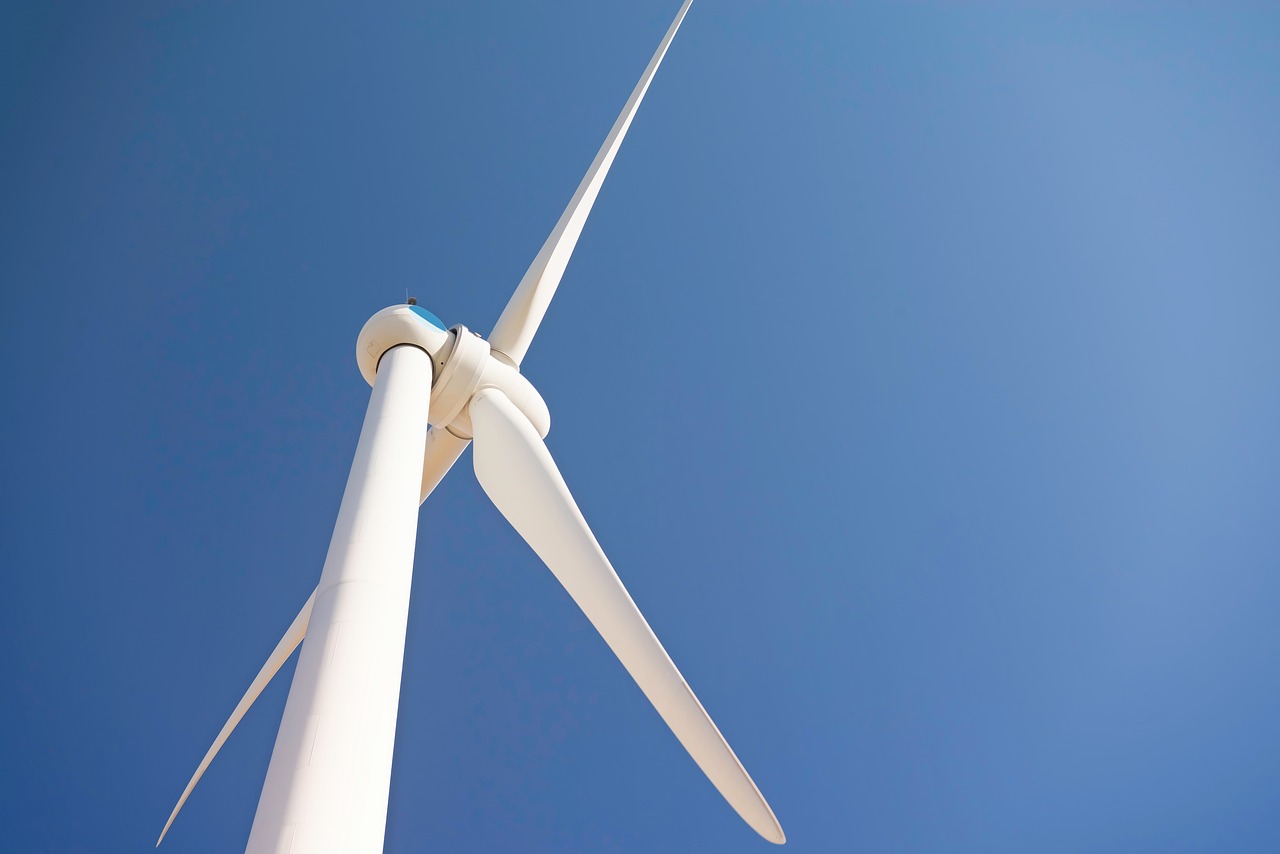
Read on: How to sand metal: keys, tips and solutions
How is the wind blade repair process
We can differentiate three clear steps for the repair of wind turbine blades.
1. Surface cleaning
The first step is to perform a good cleaning of the surface to eliminate fats, insects, pollen,
fungi and to visualize the true state of the surface. This cleaning is done by spraying special
chemicals that do not damage the molecular structure of the coating.
2. Identification of damages
Next, the existing damages in the coating are identified and analyzed, such as small holes(called lentils), cracks, rubs, cracks in the joints, corrosion, etc.
3. Repair
Depending on the severity of the damage and the layer or layers affected, we will perform some of the following repairs:
Sand to remove the paint layers from the damaged part and chamfer the edges with an abrasive disc of 80-120 grain
Fill and putty the affected areas
Outline the contour and sand the putty to flatten the surface with an abrasive disk of
grain 80-120Apply the cap pores
Sand the filling of the pores with an abrasive disk of grain 120-240
Apply the topcoat
Sand the topcoat with an abrasive disc of grain 120-320
Apply exterior paint
You may be interested: Learn to choose tools for wood according to your needs
Safety measures for the maintenance of wind turbines The safety measures to consider during repair-sanding work are:
The use of safety glasses for eye protection that prevent any particle from damaging
the eyes.The use of a nasal mask to protect the respiratory tract from suspended dust
generated during sanding.The use of protective gloves to reduce vibration and avoid cuts and chafing.
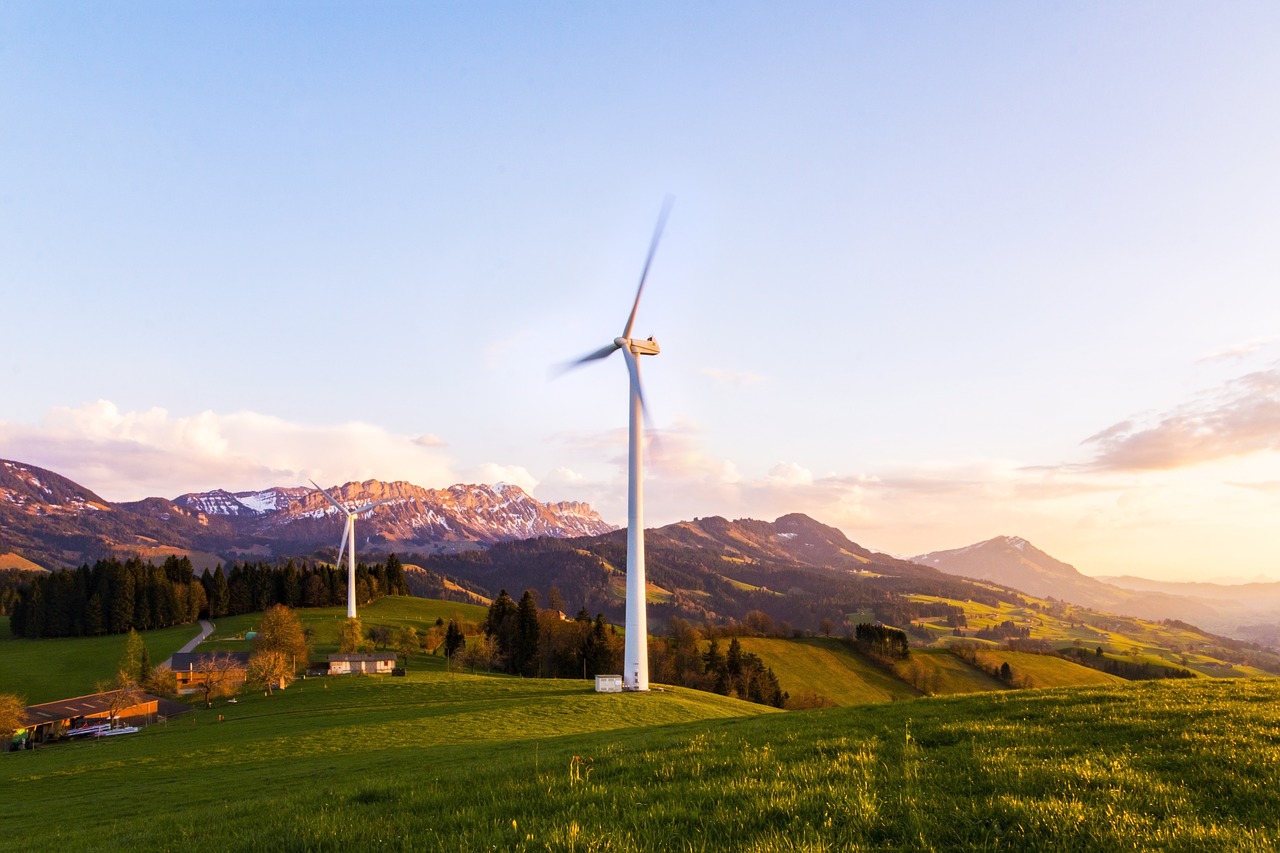
Why repair wind blades with Abracom abrasives?
Abrasive discs are the main product used to repair wind blades. Abracom is a specialized manufacturer:
Import and punch jumbo rolls of sandpaper with velcro to transform them into discs
and abrasive sheetsIt has all formats of discs and sheets for all sanders on the market.
It has a very wide range of abrasives with different supports: flexible papers, rigid papers, polyester film, abrasive mesh, etc.
It also offers a high diversity of mineral types: ceramic, zirconium, aluminum oxide and silicon carbide to be able to sand each material with the most suitable abrasive. The high added value of Abracom products makes it a fast, flexible and competitive supplier for all levels of consumption.
If you need advice to acquire your abrasives do not hesitate to contact us or download our catalog to know our products.
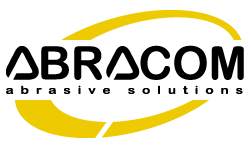




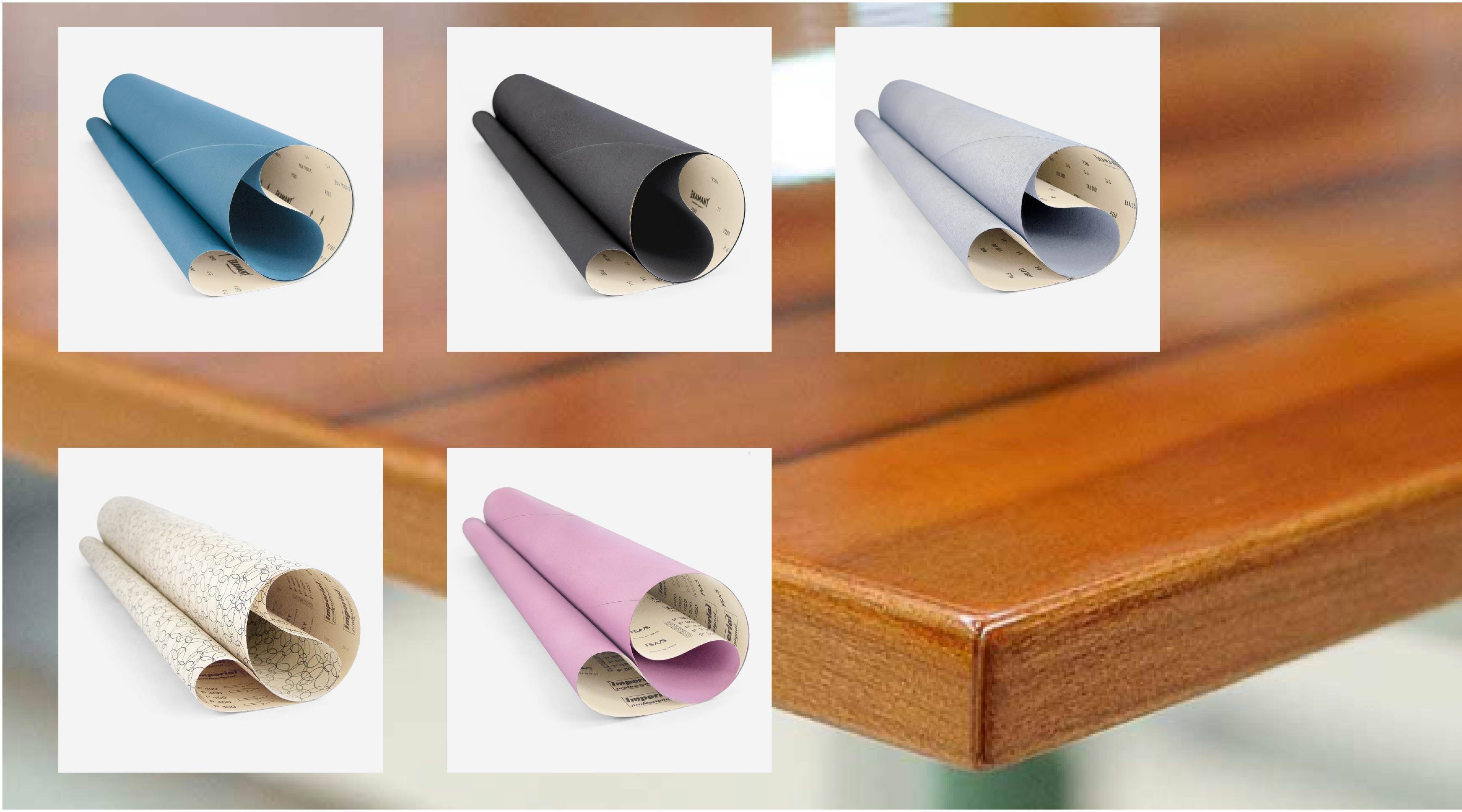
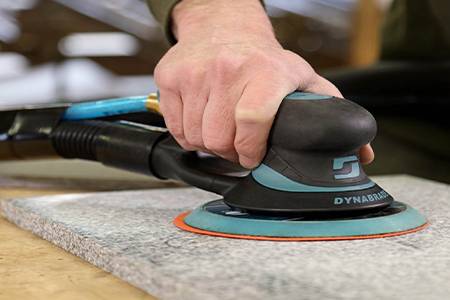
.png)



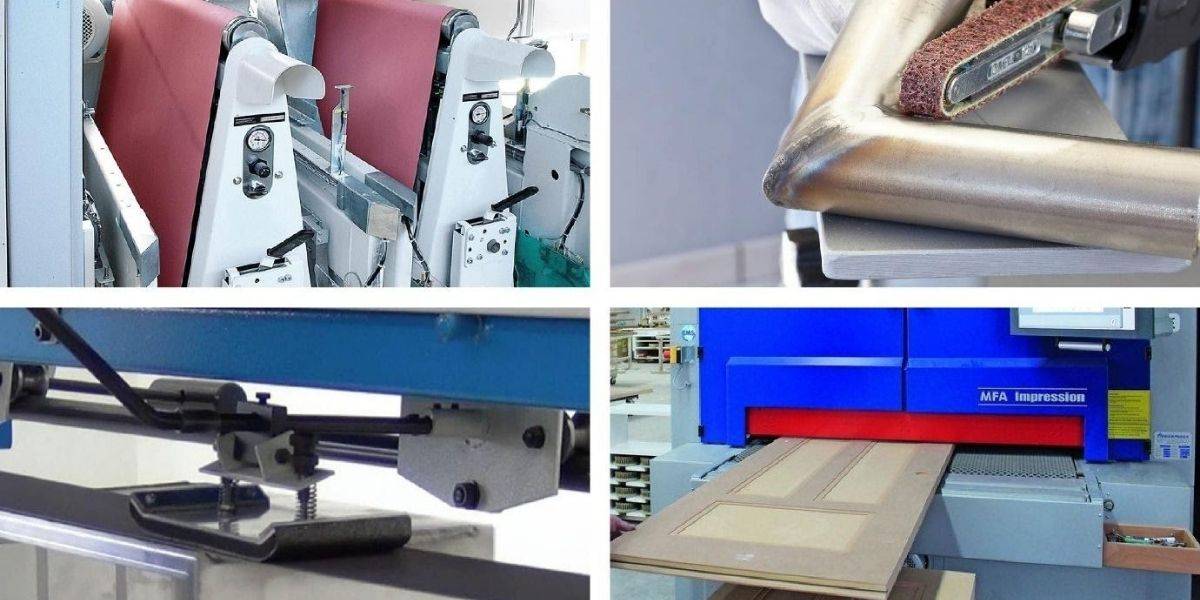












 (1).png)
 (1).png)
.png)
.png)

.png)
.png)
.png)
.png)
.png)
.png)
.png)
.png)
.png)
.png)
.png)
.png)
.png)


